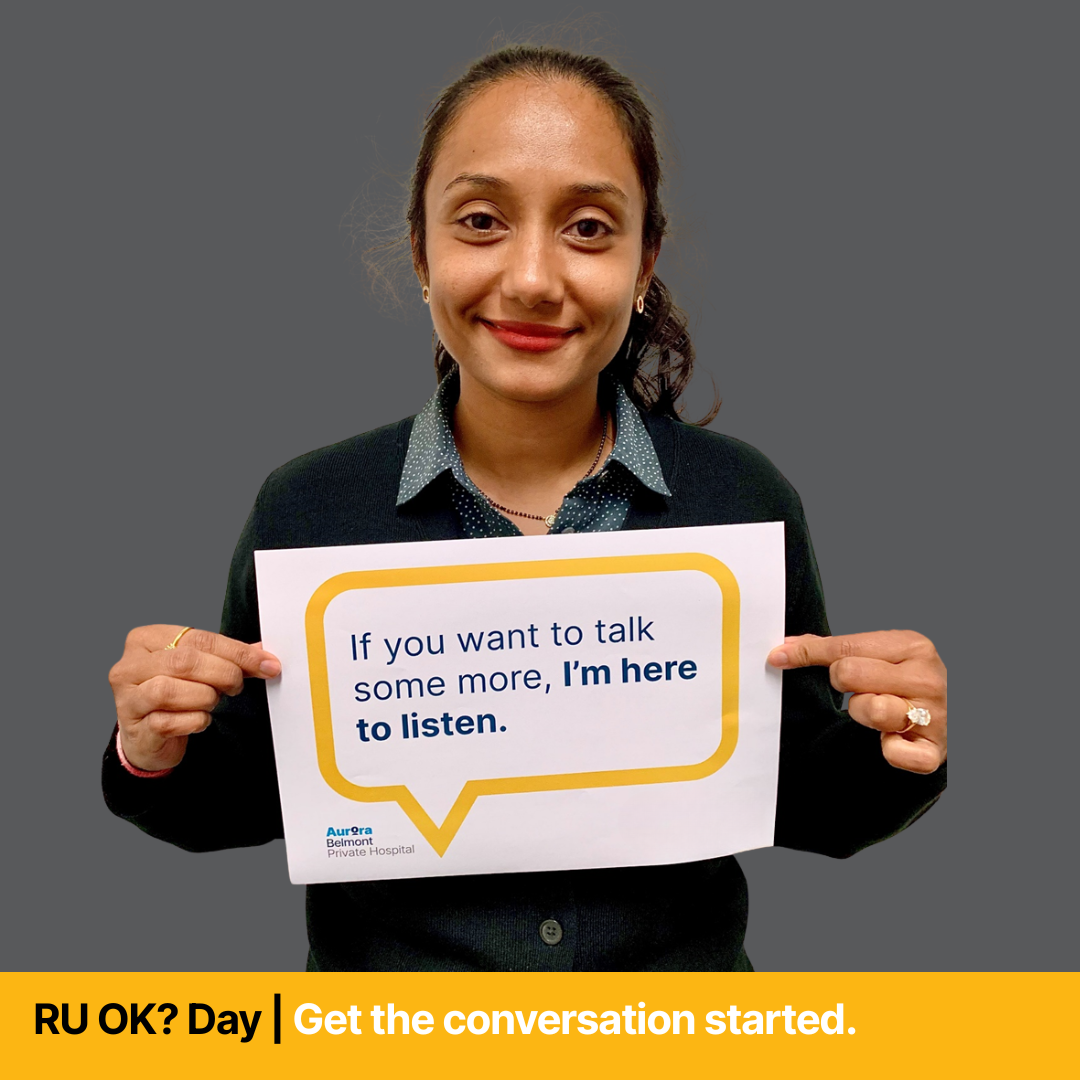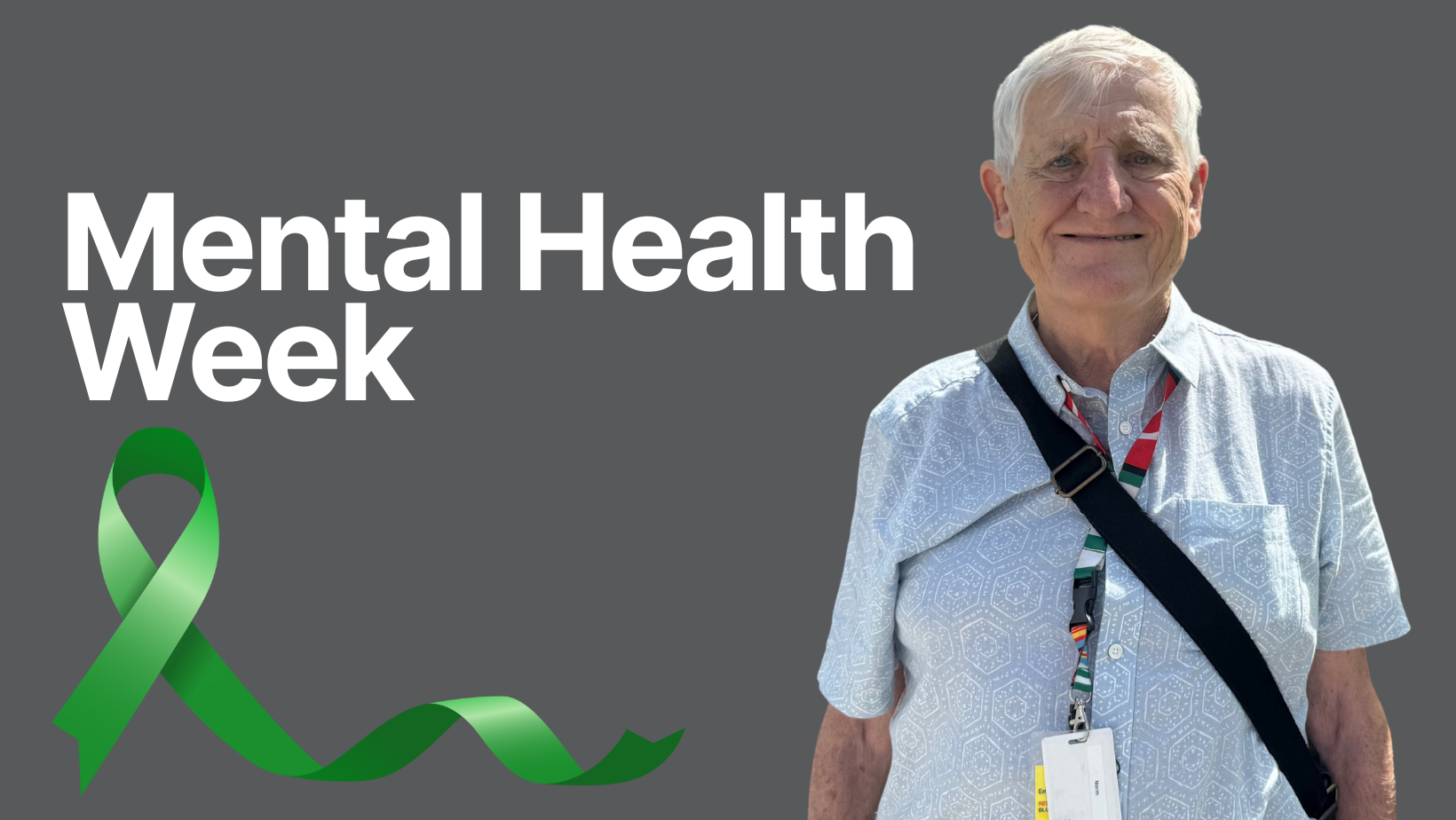
With a DVA White Card, eligible veterans can access fully funded mental health care—no diagnosis or proof of service-related cause required. Support is just a step away.
With a DVA White Card, eligible veterans can access fully funded mental health care—no diagnosis or proof of service-related cause required. Support is just a step away.
In the ever-evolving landscape of mental health awareness and support, stories like John's are a testament to the importance of inclusivity and adapting to the unique needs of diverse individuals and families.
Although the patient has been deidentified, for the purpose of this case study, we will refer to him as John, along with his Husband Adam and their 18-month son Henry. John, a gay father, has recently become the first male participant in the Cognitive-Behaviour Therapy (CBT) for Mothers program at Belmont Private Hospital. His journey through perinatal mood disorder shines a spotlight on the pressing need for inclusive mental health care during the perinatal period.
John's experience with a perinatal mood disorder is a stark reminder that mental health issues can affect anyone, regardless of their gender or sexual orientation.
Perinatal mood disorders are not exclusive to mothers. Research shows:
John participated in Belmont Private Hospitals the Cognitive-Behaviour Therapy (CBT) for Mothers program, which traditionally supports mothers experiencing perinatal mood disorders.
John’s journey illustrates the critical importance of inclusive mental health care during the perinatal period. His story reminds us that:
By breaking down barriers and challenging stereotypes, John and his family are paving the way for more inclusive and compassionate mental health care for all parents, ensuring no one feels excluded when seeking help.

Referring patients to the Brisbane Centre for Perinatal Disorders at Belmont Private Hospital is straightforward.
GPs and specialists can refer patients directly, without the need for a prior mental health diagnosis or a psychiatrist’s referral. Here are the referral options:
Further Information: For specific program details or to discuss patient needs, you can reach out directly to Gaye Foster, Senior Psychologist and Perinatal Programs Coordinator.
References
Adler Institute, 2023. Postpartum depression among gay fathers with children born through surrogacy: A cross-sectional study. Journal of Psychiatric Practice, 29(1), pp.3-10.
Giallo Research Institute, 2012. Psychological distress across early parenthood: Mental health trajectories and the influence of stressors experienced by mothers and fathers. Social Psychiatry and Psychiatric Epidemiology, 47(11), pp.195-205.
Huang L, Zhao Y, Qiang C, Fan B, 2018. Is cognitive behavioral therapy a better choice for women with postnatal depression? A systematic review and meta-analysis. PLoS One.
Kabat-Zinn Centre, 1990. Full catastrophe living: Using the wisdom of your body and mind to face stress, pain, and illness. New York: Delta.
Nikandish Z, Sajjadian I, 2024. The effectiveness of behavioral activation therapy on the symptoms of depression, rumination, and social-occupational functioning impairment among women with postpartum depression. J Educ Health Promotion.
With 30 years' experience, our Brisbane Centre for Postnatal Disorders (BCPND) is a specialised 12-bed unit offering treatment and support to women with mental health concerns in the perinatal period.


